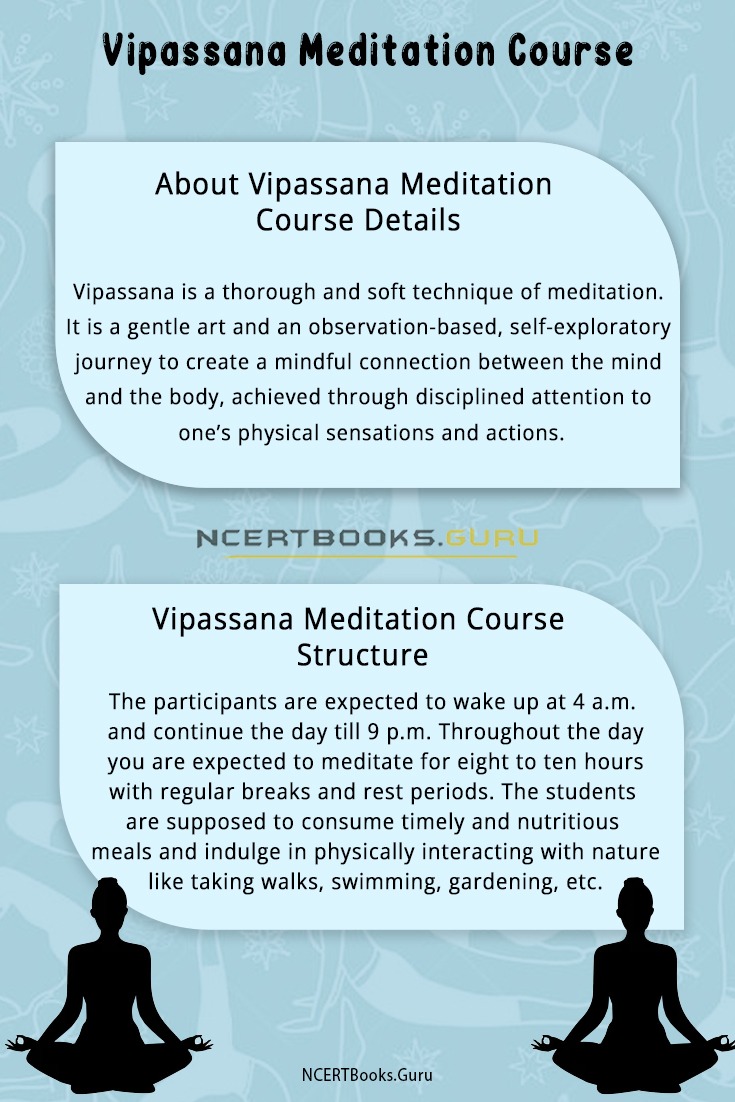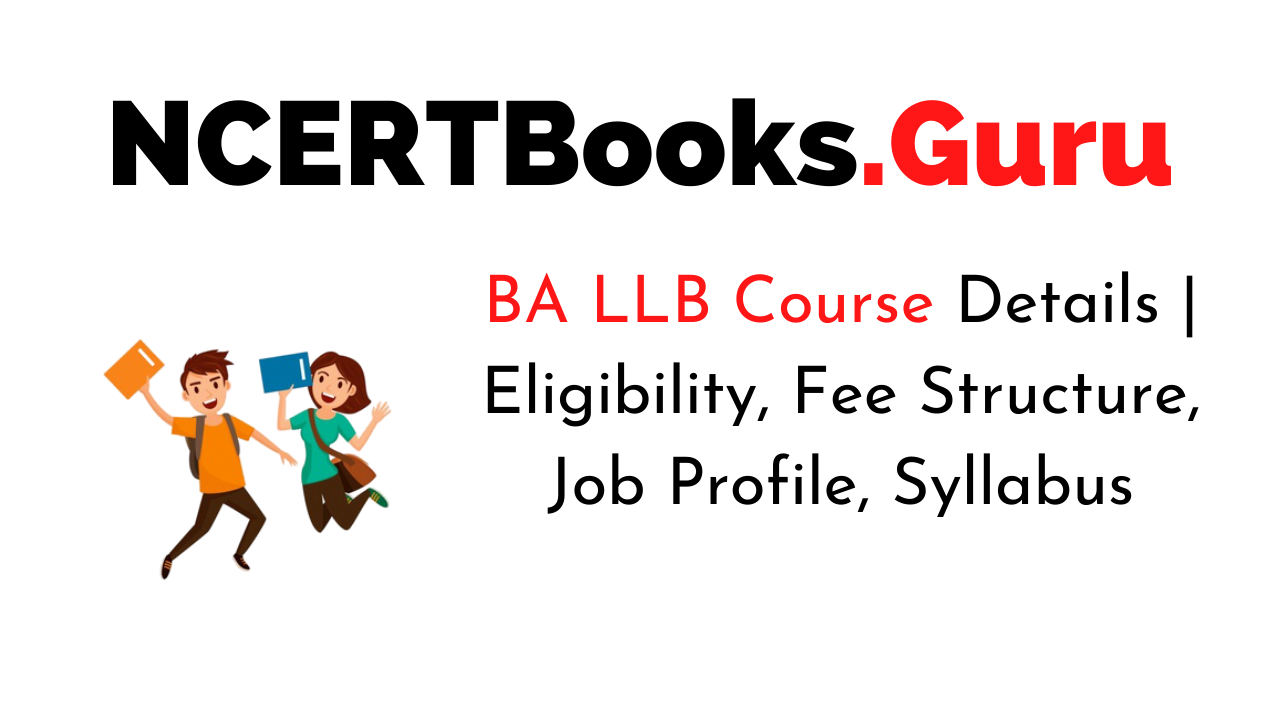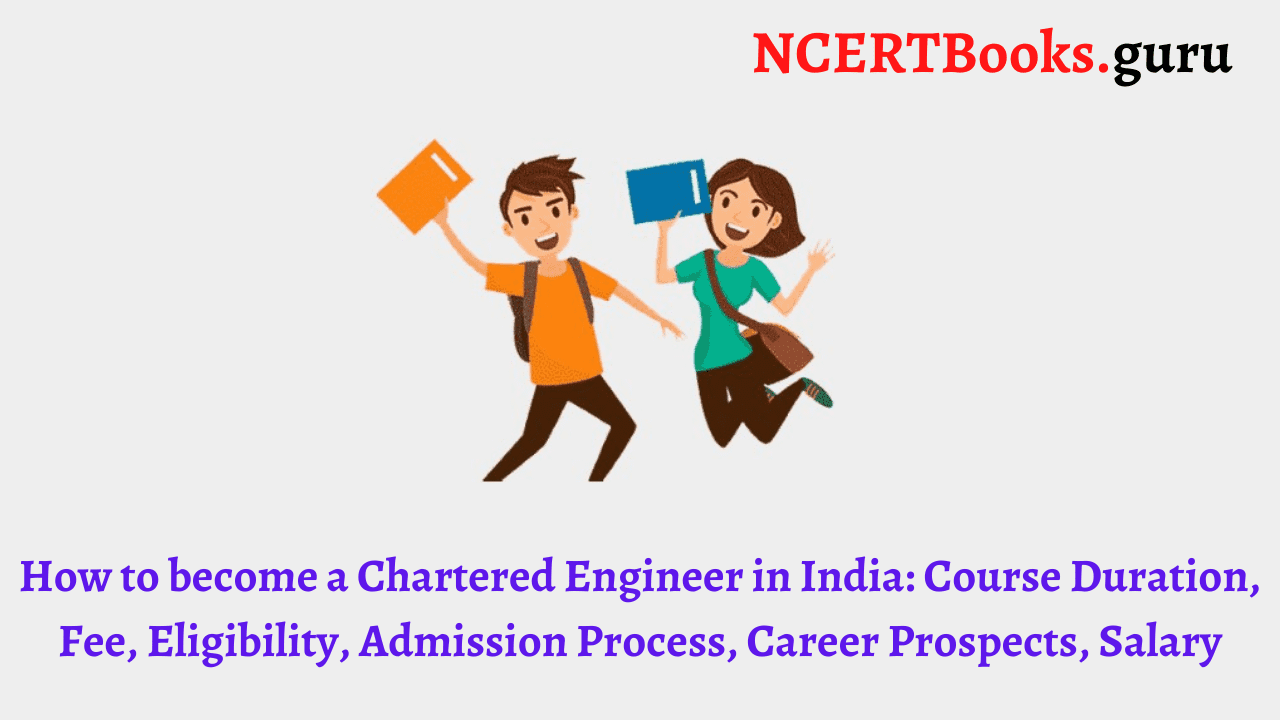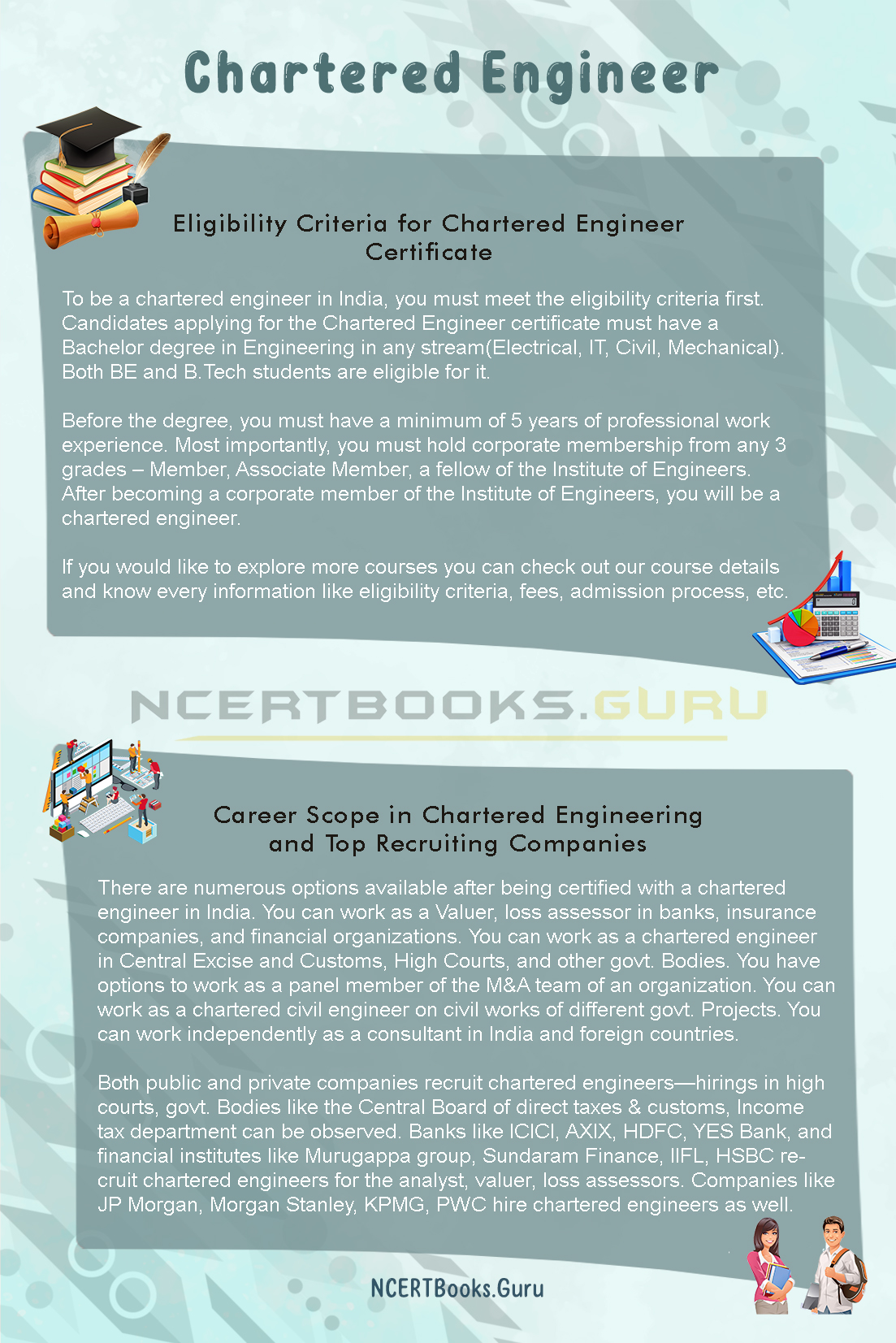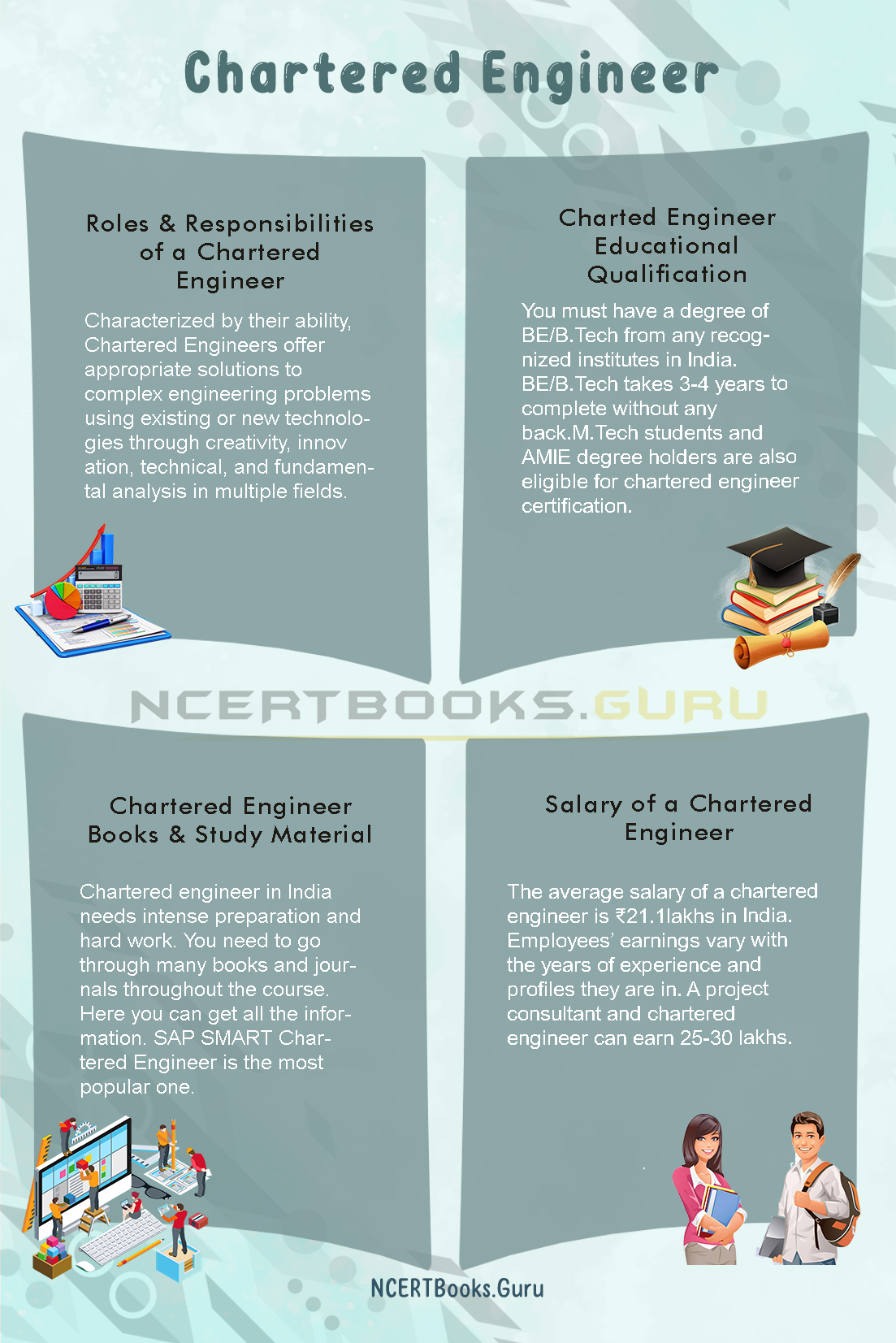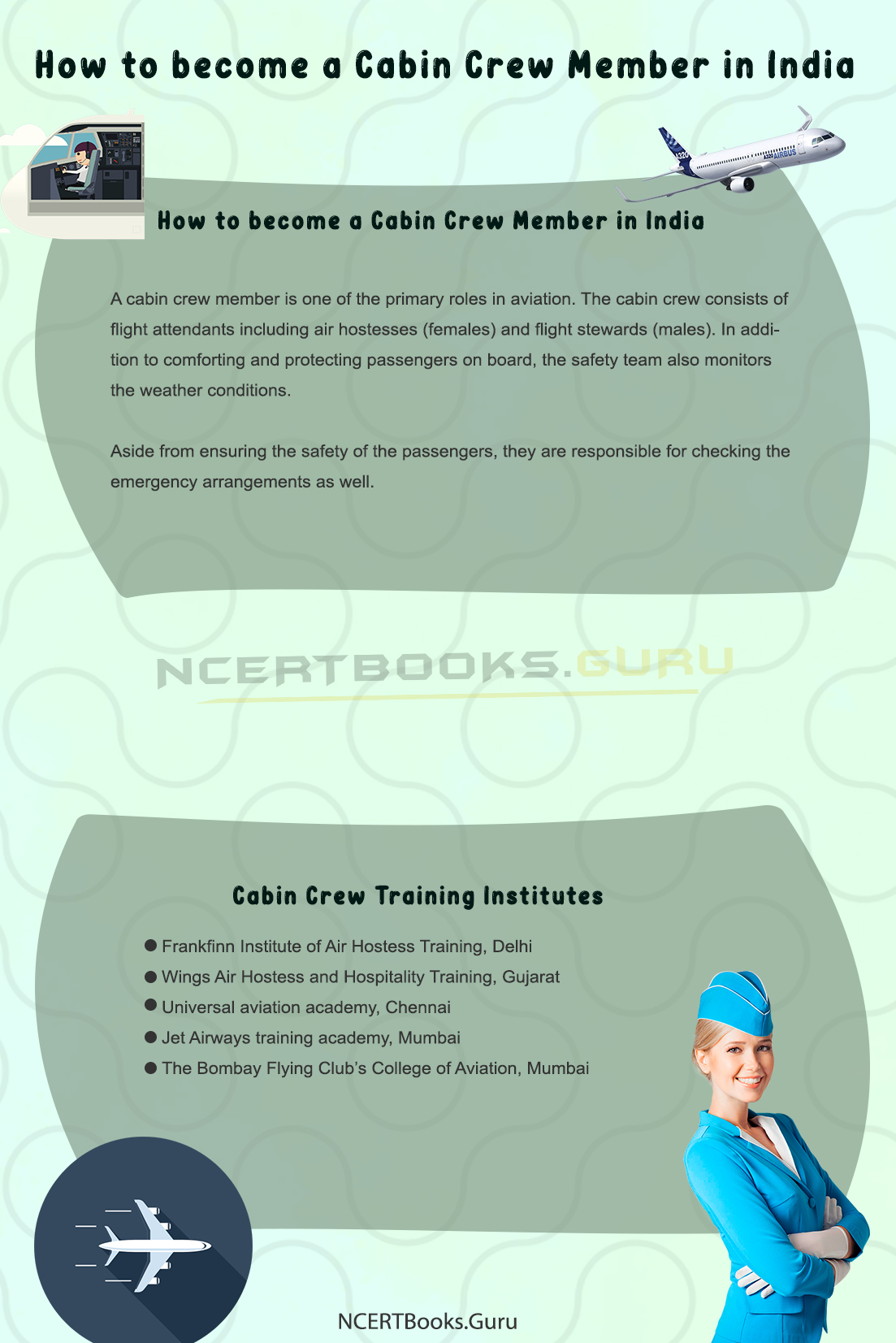Best Designing Courses in India: A design course can help students to learn the basics of design as they are applied to various sections of the industry. Some studies focus on architectural trends and history, while others feature drawing, photography, or modelling. Designing has risen as one of the most successful career opportunities available for interested students. They can furnish their creative skills and use them profoundly.
However, designing does not only include creativity. It contains lots of designing skills, such as technical knowledge, keenly observational, and dedication. With the soaring demand for skilful designers in the market, preferencing design as a career choice can give you a promising future.
Get to Know More about other types of Course Details in Stream wise, and Category wise.
A Brief on Best Designing Courses in India
Designing is a professional stream of 4-year undergraduate or 2-year postgraduate academic courses in the field of designing. This course is one of the best educational opportunities for creative candidates. To pursue a career in design, one needs to be super talented and have the desire as well as devotion in this field.
Industry of Design is one of the most competing and demanding sectors. With the rise of digitalization and the blooming of the design industry, there is a massive requirement for designers. The job possibilities for a designer does not limit in India only, but there is an adequate opportunity for enthusiastic candidates in foreign countries as well. However, being a designer, one needs to be extremely creative. Otherwise, you will slump into a colossal fall.
Best Designing Courses in India Highlights
- Name of the Course: Best Designing Courses in India
- Duration: The duration of the course depends upon the level of the program such as graduate level, postgraduate level, certificate, or diploma level courses.
- Application Process: Applicants who have completed their 10+2 and Graduation or Diploma from any recognized University such as State Government/ DEC/ UGC/ AIU/ AICTE/) in any discipline and have proficiency in English ( spoken and written both are mandatory) are eligible to apply for the course.
- Fee Structure: The entire fee structure may vary from one institute to another. The generic fees for the courses start from Rs 50,000 onwards
- Career Opportunities: Some career opportunities after completion of the Design Courses are Fabric Resource Manager, UI Designer, UX Principal, Print and publication design and Advertising and many more
Best Designing Courses in India Eligibility Criteria
Most of the institutes in India offer undergraduate or postgraduate level degree, diploma, certificate, distance learning, and online courses in different areas of design. Students who have completed their 10+2 with a minimum of 55 per cent from any discipline can pursue a career in the field of designing.
Top Designing Colleges in India
- National Institute of Design (NID), Ahmedabad
- Arch Academy of Design
- National Institute of Fashion Technology (NIFT), Delhi
- National Institute of Design (NID), Gandhinagar
- National Institute of Fashion Technology (NIFT), Hyderabad
- Industrial Design Centre, IIT-Bombay (IDCIITB)
- National Institute of Fashion Technology (NIFT), Mumbai
- Pearl Academy, Mumbai
- Symbiosis Institute of Design, Pune
- National Institute of Design (NID), Vijayawada
Types of Designing Courses in India
There are various designing courses in India, and creative students from any discipline can pursue different kinds of designing courses. Here is a list of designing courses mentioned below.
- Fashion Design Course
- Interior Design Course
- Product Design Course
- Web Design Course
- Graphic Design Course
- Textile Design Course
- Communication Design Course
Top Designing Courses Curriculum
List of Designing Courses
- Web Designing Courses
- Fashion Designing Course
- Interior Designing Course
- Product Designing Courses
- Graphic Designing Cours
- Textile Designing Course
- Communication Design Course
Web Designing Courses
Web design is the means of making websites. It includes various skills and disciplines in the production and maintenance of websites. Web design involves multiple features such as webpage layout, web graphic design, interface design, content production, and many more. To build a website, a web designer used text, CSS3, HTML, colours, fonts, and other interactive components.
Web designing course is the subsidiary of knowledge technology and computer science that concentrates on learning server programming signals and software to develop a useful web page. The different web designing courses are as follows.
- B.Sc in Multimedia and Web Design
- Post Graduate Diploma in Web Designing
- Advanced Diploma in Web Designing
- Diploma in Web Designing
- Diploma in Web Designing & Software Development
- Certificate Course in Internet & Web Designing
- Certificate Course in Office Automation & Web Designing
- M.Sc in E-commerce & Web Design
- Advanced Diploma in Internet & Web Designing
- Advanced Diploma in Office Automation & Web Designing
- Diploma Course in Multimedia & Web Designing
- Certificate Course in Web Designing
- VLSI Design Courses
- Certificate Course in Multimedia Web Designing
- Certificate course in Application Software & Web Designing
- UI Design Course
Fashion Designing Course
Fashion is the practised art of designing the clothes and accessories to make it aesthetically beautiful, useful, and intensify the natural beauty. The idea of fashion design gets its power from the socio-cultural perspective, and it changes from time to place.
Fashion Designing Course is an art to designing stunning clothes and accessories. A fashion design course will guide the students about the essential rules of fashion designing such as 3-D design, computer-aided style, fashion business, textile, color theory, etc. The various fashion designing courses are as follows.
- B.Sc in Fashion and Apparel Designing
- B.Sc in Fashion Business and Retail Management
- B.Des in Fashion Design
- B.Des in Knitwear Design
- B.Des in Fashion Communication
- Diploma in Apparel Merchandising
- B.Des in Textile Design
- B.A Honours in Communication Design
- B.A (Honours) Fashion Styling and Image Design
- B.A Honours in Jewellery Design
- B.Des in Apparel Production
- M.Sc in Fashion Design
- Diploma in Fashion Designing
- Diploma in Fashion Communication
- Jewellery Design Courses
- Advanced Diploma in Fashion Designing
Interior Design is the art of intensifying the inside of a building to make a healthier and esthetically pleasant environment. It is a multilateral business that deals with conceptual growth, space designing, site investigations, communicating with the stakeholders of design projects, and accomplishment of the design.
Interior design is a mixture of architecture and innovative design. The various courses of interior designing are mentioned below:
- BA Interior Design
- Bachelor of Architecture Interior Design
- Bachelor of Interior Design
- BA Interior Architecture and Design
- Bachelor of Design (B.Des.) Interior Design
- B.Sc. Interior Design
- Diploma in Interior Design
- Diploma in Interior Design and Architecture
- Master in Interior Design
- Design Engineering Courses
- M.Sc in Interior Design
Product Designing Courses
Product design is a method of building a new product that can resolve the user’s query and improve the daily way of living. Being a product designer, you need to know the specific needs of the customer. Product designers design most of the things which we use in our daily life from cutlery to clocks, workstations, electronics, etc.
Graphic design is described as the process of visual communication using photoshop, InDesign, and Illustration. It is the assistant of communication design and visual communication. A graphic designer is qualified for designing the overall layout for any applications. There are various courses in graphic design; some of them are given below.
- B.Des in Graphic Design
- B.Sc in Graphic Design
- BA in Graphic Design
- Diploma in Graphic Design
Textile designing is one of the inventive areas of designing. It consists of fashion design, clothes, and fabrics related designs. The responsibility of the textile designer to create patterns for both knitted and woven fabrics. The different courses in textile designing are as follows.
- B.Des in Textile Design
- Bachelor in Textile Design
- BA in Textile Design
- BA Honours in Textile Design
Communication Design Course
Communication design is a diverse discipline between design and information-development that concentrates on media intrusion. Communication designers used images and words to carry the message through media platforms. The purpose of the course is to teach the students communication design policies, ideas, and skills. The different programs for communication design are as follows.
- B.Des in Communication Design
- B.A Media and Communication Design
- B.A Communication Design
- B.A Honours in Communication Design
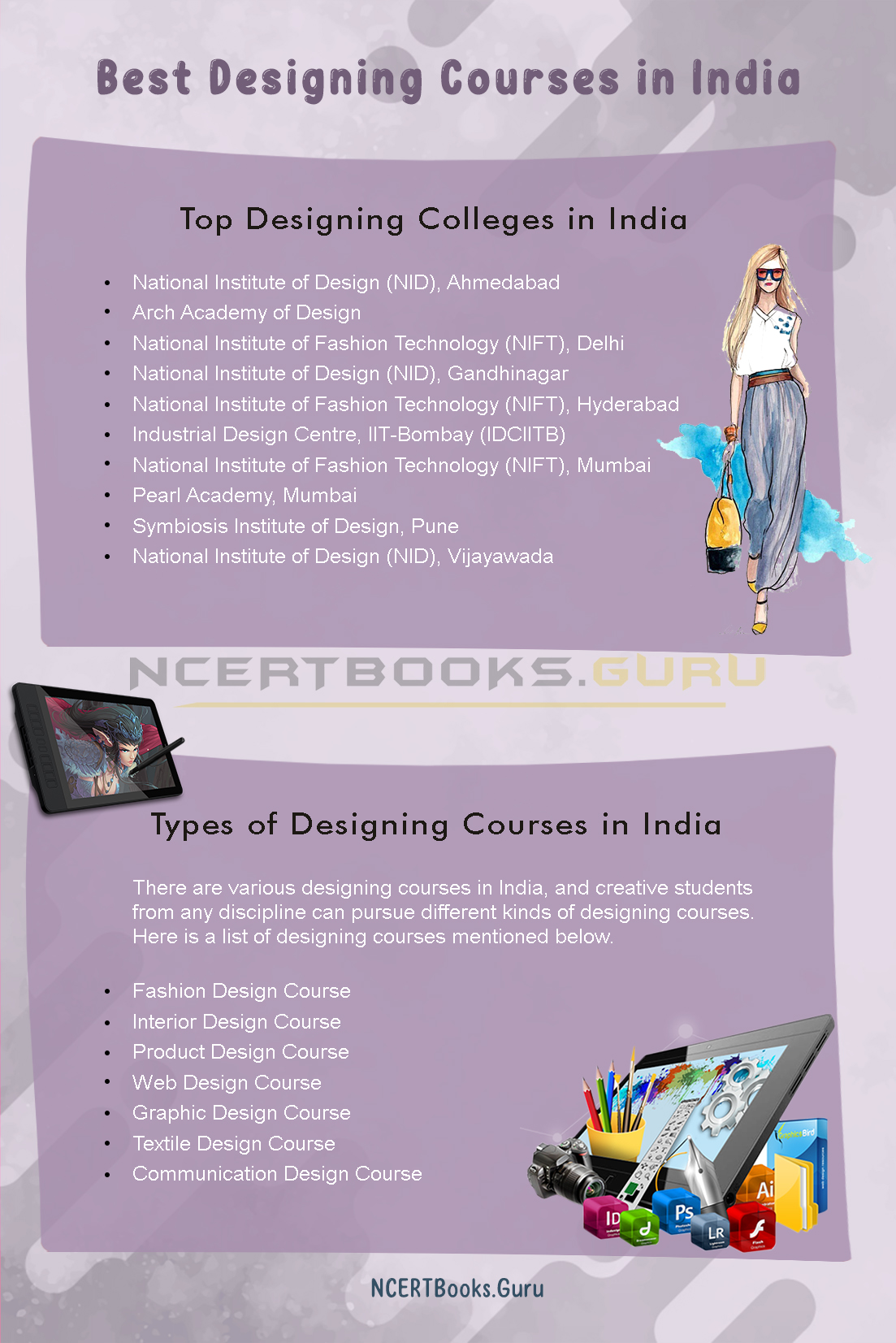
Scope of Designing Courses In India
Designing Courses has a vast range of career opportunities in India. Listed below are some of the scopes in web, communication, graphic, textile, product, and interior designing courses.
- Exhibition Design
- Lighting Design
- Kitchen Design
- Front end web developer
- Design and layout analyst
- Senior web analyst
- Web application developer
- Back-end web developer
- Web marketing analyst
- Textile Designer
- Design Consultant
- Fabric Resource Manager
- UI Designer
- UX Principal
- Print and publication design
- Advertising and event design
- Photography, film, and animation
- Retail, exhibition and museum design
- Art Director
- Multimedia Artist
- Photo Editor
- Creative Director
- Architecture & Engineering Drafter
- Video & Film Editor
- Product Designer
- Product Marketer
- Quality CoControl Manager
Some of the top Recruiting Companies are
- Tata Elxsi
- Universal Designovation Lab
- Ticket Design
- Design Directions
- Leaf Design
- Design Atelier
FAQ’s on Best Designing Courses in India
Question 1.
What is the Eligibility criteria for designing courses in India?
Answer:
Students who have completed their 10+2 with a minimum of 55 per cent from any discipline can pursue a career in the field of designing.
Question 2.
Is the Designing course in India important?
Answer:
Industry of Design is one of the most competing and demanding sectors. With the rise of digitalization and the blooming of the design industry, there is a massive requirement for designers. Henceforth Designing is one of the important courses in India.


